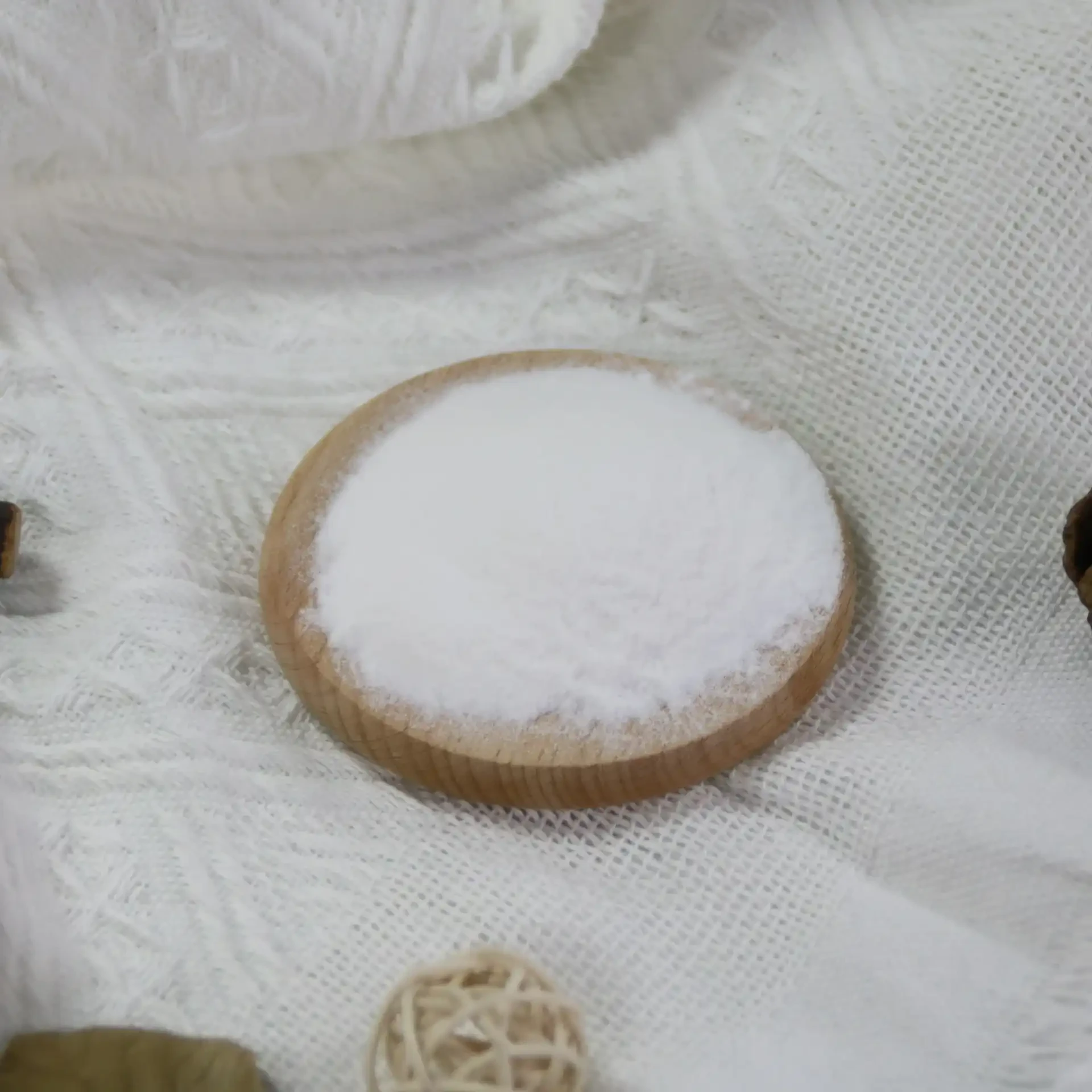
Exploring the Applications and Benefits of Carboxymethyl Cellulose in Various Industries
Understanding Carboxymethyl Cellulose A Versatile Polymer
Carboxymethyl cellulose (CMC) is a water-soluble polymer derived from cellulose, which is one of the most abundant natural polymers found in the plant cell walls. As a derivative of cellulose, CMC possesses unique properties that make it useful across a wide array of industries, from food production to pharmaceuticals, cosmetics, and beyond. This article aims to explore the significance, applications, and properties of carboxymethyl cellulose in various fields.
What is Carboxymethyl Cellulose?
Carboxymethyl cellulose is produced by the chemical modification of cellulose through a process known as etherification. In this process, hydroxyl groups in the cellulose structure are replaced with carboxymethyl groups, thus enhancing water solubility and making it applicable in various aqueous systems. The degree of substitution—the average number of hydroxyl groups in cellulose replaced by carboxymethyl groups—affects the properties of CMC, including its viscosity and solubility.
Properties of Carboxymethyl Cellulose
CMC is characterized by its high viscosity, gel-forming ability, and excellent film-forming properties. These attributes make it an effective thickening agent, stabilizer, emulsifier, and binder in numerous formulations. CMC is odorless, tasteless, and non-toxic, which adds to its appeal in food applications. Its unique ability to retain moisture and create a film also makes it valuable in personal care products.
One notable property of CMC is its shear-thinning behavior. When subjected to shear forces, such as mixing or stirring, CMC solutions decrease in viscosity, making them easy to process and apply. Upon resting or standing still, the viscosity increases again. This property is particularly advantageous in various formulations, where easy application is crucial.
Applications of Carboxymethyl Cellulose
carboxylic methyl cellulose

1. Food Industry CMC is widely used as a food additive, often labeled as E466 in European countries. It serves as a thickener, stabilizer, and emulsifier in products like ice cream, salad dressings, sauces, and baked goods. Its ability to enhance texture and prevent crystallization makes it especially valuable in products containing fats and oils.
2. Pharmaceuticals In the pharmaceutical industry, CMC is used as a binder and disintegrant in tablets, as well as a thickening agent in suspensions. Its biocompatibility and non-toxic nature make it ideal for drug delivery systems. CMC can help control the release of active pharmaceutical ingredients, improving the efficacy of medications.
3. Cosmetics and Personal Care CMC is a popular ingredient in cosmetics, lotions, and creams due to its thickening and emulsifying properties. It helps maintain the stability of emulsions, ensuring that oil and water components do not separate. Additionally, CMC's moisturizing properties are beneficial in skin care formulations, contributing to a smoother texture.
4. Industrial Applications Beyond food and personal care products, CMC finds use in various industrial applications. It is employed in the production of ceramics, textiles, and paper products, where its binding and thickening properties enhance product quality. In oil drilling, CMC is used as a drilling fluid additive, improving the viscosity of the solution and preventing fluid loss in porous formations.
5. Biomedical Applications The biomedical field has also recognized the potential of CMC. Its biocompatibility and ability to form hydrogels make it suitable for use in wound dressings, tissue engineering scaffolds, and controlled drug release systems.
Conclusion
Carboxymethyl cellulose is a versatile polymer with a wide range of applications across various industries. Its unique properties, such as excellent water solubility, thickening ability, and biocompatibility, make it an invaluable ingredient in food, pharmaceuticals, cosmetics, and industrial processes. As research continues to uncover new uses for CMC, its significance in improving product formulations and enhancing performance is likely to grow even further. Understanding and leveraging the properties of this remarkable polymer will undoubtedly lead to continued innovation and improvements in countless applications.
-
MHEC Cellulose Premium Additive | Enhanced Industrial UsesNewsAug.01,2025
-
Antifoam & Defoamer Solutions | Fast Foam ControlNewsAug.01,2025
-
Hydroxyethyl Cellulose for Paint - Superior Thickening SolutionsNewsJul.31,2025
-
Low Substitution - Hydroxypropyl Cellulose for Enhanced DissolutionNewsJul.30,2025
-
High Performance Gypsum Retarder Chemical for Plaster IndustryNewsJul.30,2025
-
High-Quality VAE Powder for Construction & Adhesives SolutionsNewsJul.29,2025





















